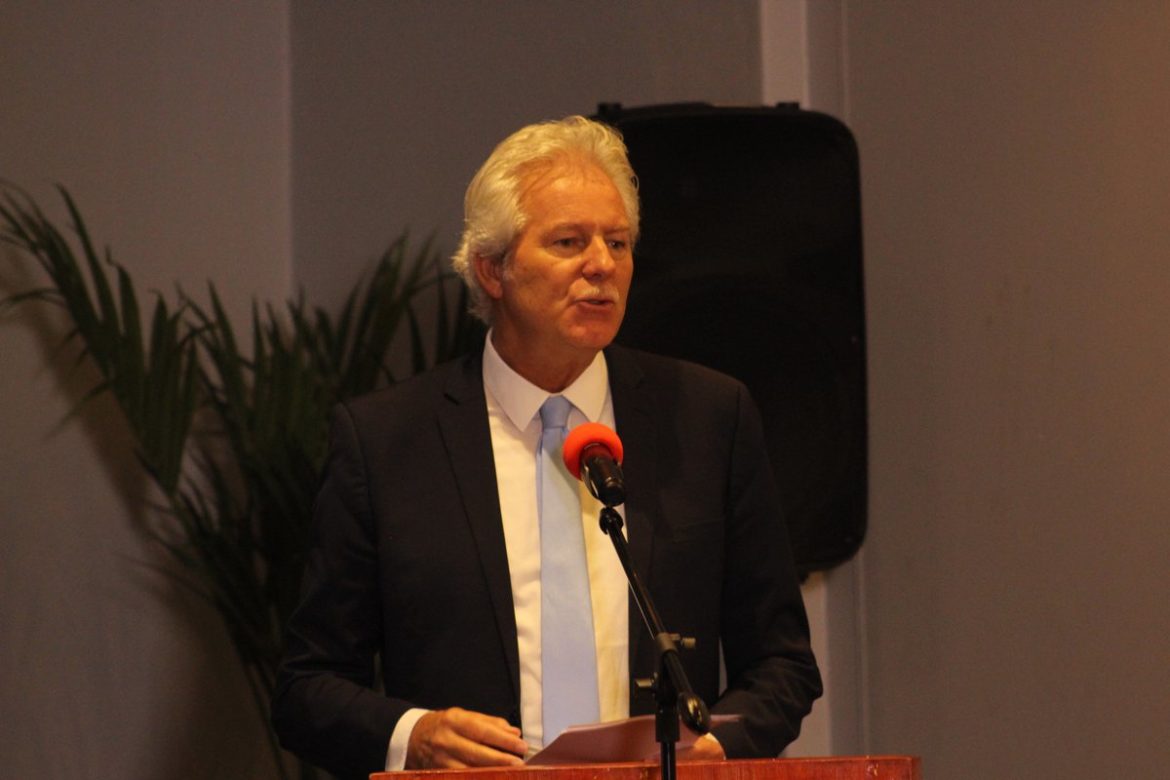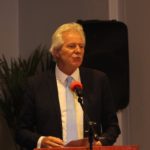By Asma’u Ahmad
The United Nations has urged African governments to support young women in science and technology to help spur development on the continent.
Regional Director of United Nations Educational, Scientific and Cultural Organisation (UNESCO) Regional Office for Southern Africa, Hubert Gijzen, said that investment in young women’s science and technology could help countries to meet global development plans within a given time frame.
Gijzen told newsmen during the announcement of winners of African young women scientists’ fellowship in Nairobi on Thursday that “there is need to start exposing children with science and technology at primary and secondary classes.”
He urged governments to initiate engagement on science and technology to help interested young girls to become visible and later become future role models.
Gijzen said for the African Union Agenda 2063 to succeed, science and technology must be given prominence by incorporating it in all sectors.
“As much as we advocate for embracing science and technology, there is need also to support more women in science to make the gender agenda a success,” he added.
He called for programmes to help entice young girls to develop interest in science related courses right from primary classes.
Gijzen urged the countries to emulate South Korea and other Asian countries by embracing science and technology in all sectors to be able to achieve its development plans.
Executive Vice President of L’Oreal Foundation, Alexandra Palt, an organisation which supports women in science, noted that it is unfortunate that there are not enough women scientists in the continent today. “There are not enough women scientists to help drive change as is happening in other continents, it is rather unfortunate,’’ Palt said.
She said that L’Oreal and UNESCO are partnering in conducting an award scheme by giving grants to African young women scientists to conduct research on areas of public interest.
“The grants is given to young women scientists as a form of encouragement to the girls in Sub Saharan Africa to take science, technology, engineering and mathematics subjects seriously,’’ Palt told newsmen.
She revealed that the award scheme would be divided into two South Africa and Pan African awards as from 2019 to cater for additional applicants.
Some 14 women from Ghana, Kenya, Mauritius, Nigeria and South Africa were selected from over 480 applicants by a jury of independent experts to receive 2018 grants.





